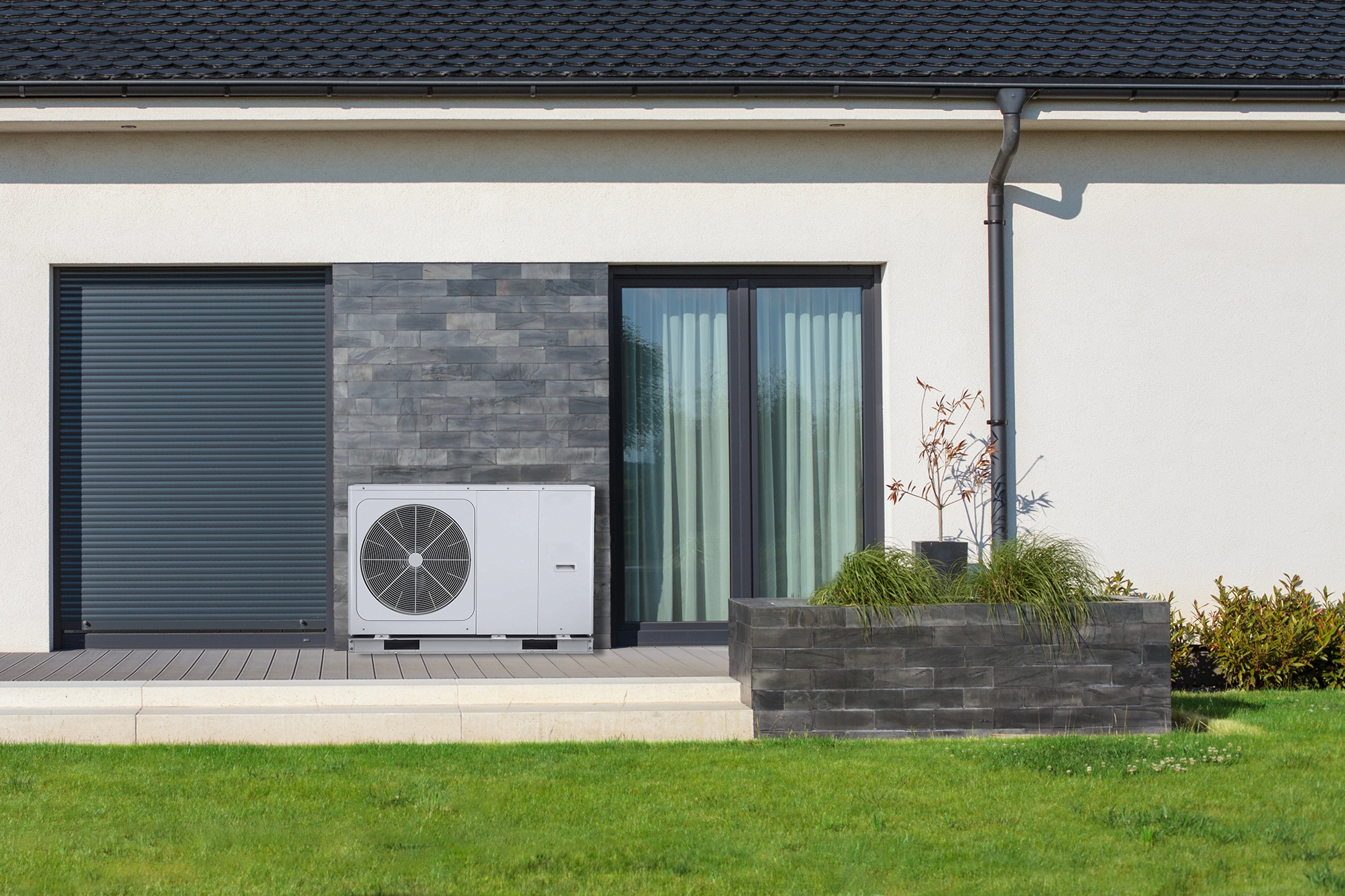How efficient electric appliances could ease Tasmania’s cost of living

Moving off resistive, gas and LPG appliances could save hundreds of millions in long-term costs
Key Takeaways:
Tasmanians could collectively save $146 million over the lifetime of their heating, hot water and cooking appliances for every year that all new appliances installed are efficient and all-electric, rather than inefficient electric, gas or LPG-fuelled.
An all-electric Tasmanian home could cut their bills by nearly $1,000/year by replacing worn out inefficient electric appliances with efficient electric ones, recouping their investment in four years.
A typical gas-connected Tasmanian home could save nearly $1,300/year by replacing end-of-life gas appliances with efficient electric ones, recouping their investment in under two years.
The savings could be amplified further by improving the thermal efficiency of Tasmanian homes, accelerating the deployment of consumer energy resources, and unlocking the potential for demand flexibility.
6 March 2024 - (IEEFA Australia): A new IEEFA report has identified hundreds of millions in cost-of-living savings that could be realised by switching to efficient electric appliances in Tasmania.
Most Tasmanian homes are all-electric and not connected to the gas network. Despite relatively low electricity prices, Tasmanians still pay higher total bills than any other state. This is due to the cold climate and the fact that the most homes have poor thermal efficiency and rely heavily on inefficient resistive electric appliances.
The difference between inefficient and efficient electric appliances can be significant – appliances like panel heaters and resistive hot water units usually require more than three times the energy of electric appliances that use heat pump technology.
The report by Jay Gordon, Energy Finance Analyst at IEEFA, found that by replacing their inefficient electric appliances with high-efficiency alternatives at their end of life, a Tasmanian household could save over $1,000 per year on their energy bills.
“While efficient appliances cost more upfront than inefficient appliances, if they are purchased at the point of time where the old appliance has worn out and needs to be replaced anyway, the additional investment pays itself back in only four years,” says Mr Gordon.
The report found that even higher savings were on offer for those homes that are connected to gas. By replacing worn-out gas appliances with efficient electric alternatives, those households could save nearly $1,300 per year. The additional investment to go all-electric would pay itself back in less than two years.
“As households start to switch off gas, the Tasmanian government will need to work closely with Tas Gas Networks to manage the impacts on remaining customers. As the gas distribution network is relatively extensive, young and underutilised, it may face a disproportionately high asset stranding risk,” Mr Gordon adds.
Users of bottled LPG, which is more expensive than mains gas, could also make savings by switching to efficient electric appliances.
In the long run, the savings for all consumers from replacing worn-out appliances with efficient electric appliances stack up significantly. The report found that if all of the new inefficient, gas or LPG appliances installed each year in Tasmania were instead efficient electric ones, customers would save $146 million in costs over the lifetime of those appliances.
Tasmanian households could save $146 million in lifetime costs for each year new appliance sales were efficient and electric.

According to Mr Gordon, “These savings are significant as they accumulate over time. And conversely, if there was no change in appliance sales trends over the next 10 years, Tasmanian consumers may end up more than $1.4 billion worse off than if they had switched to efficient electric appliances.
“A full transition from inefficient electric, gas and LPG appliances to efficient electric appliances could also reduce net electricity demand across Tasmania by 6.3%, which has benefits for the wider energy system.”
IEEFA’s findings show that requiring new appliance sales in Tasmania to be efficient and electric would be a highly impactful option to reduce long-term consumer energy costs. This approach would ensure renters can access the benefits of efficient electric appliances, and programmes such as Tasmania’s existing Energy Savers Loan Scheme can reduce the upfront cost burden for homeowners.
While these savings are significant on their own, the report also noted there are a range of other ways to further reduce energy bills for Tasmanians.
“There is significant scope to improve the thermal efficiency of Tasmanian homes, as well as to accelerate the deployment of rooftop solar and other consumer energy resources to bring energy bills down,” says Mr Gordon.
“Unlocking the potential for flexible demand should also be a priority. Even relatively simple changes, such as ensuring that new hot water systems run at times of the day when electricity prices are low, could lead to large reductions in consumer bills.
“At a time when the cost of living is front of mind, practical solutions such as these could deliver meaningful, long term energy bill relief for Tasmanians.”
Read the report: How efficient appliances could ease Tasmania’s cost of living
Media contact: Amy Leiper, ph 0414 643 446, [email protected]
Author contact: Jay Gordon [email protected]
About IEEFA: The Institute for Energy Economics and Financial Analysis (IEEFA) examines issues related to energy markets, trends, and policies. The Institute’s mission is to accelerate the transition to a diverse, sustainable and profitable energy economy. (ieefa.org)













